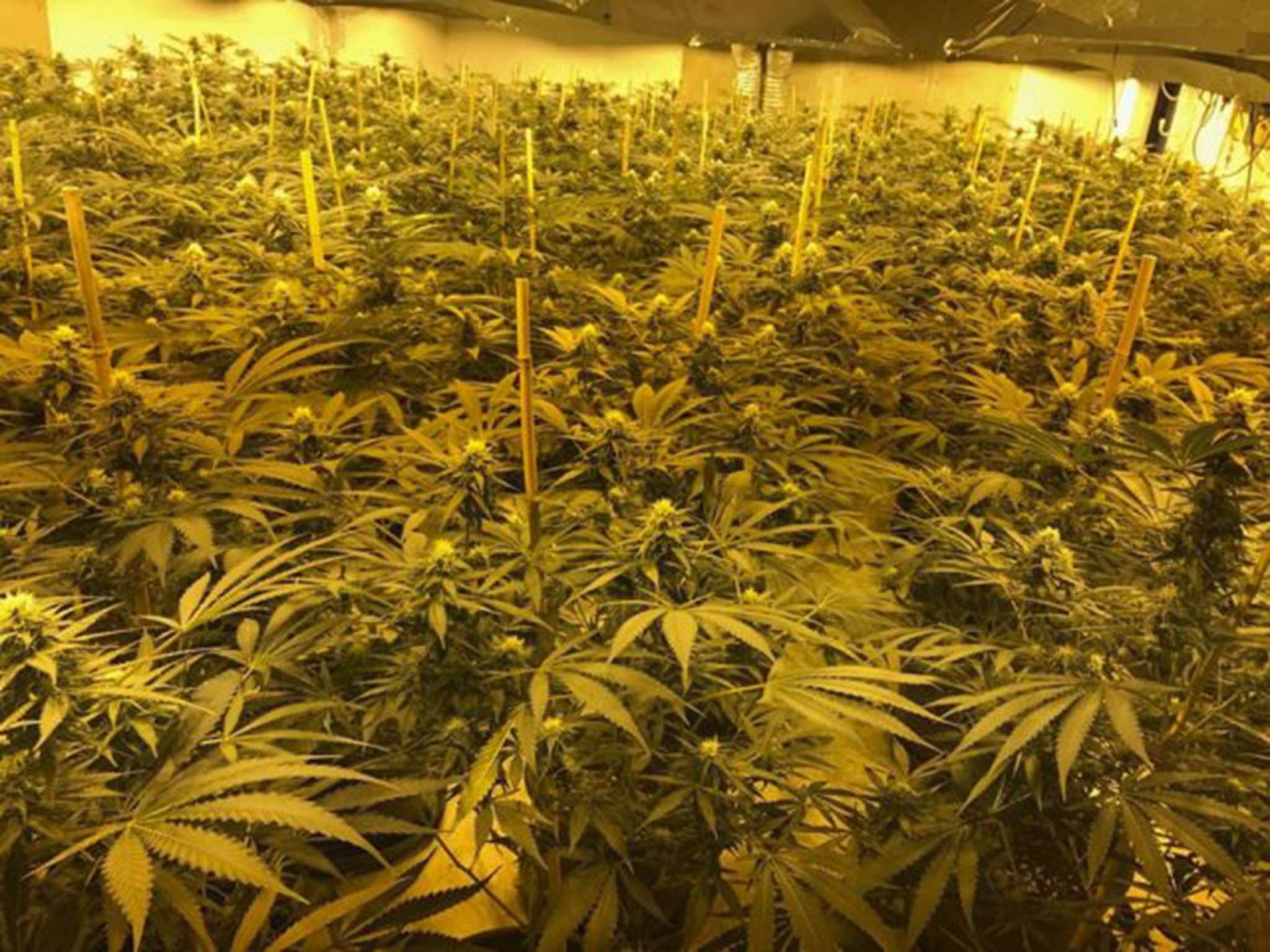A bill to legalise marijuana for medical purposes is expected to passed in West Virginia, which will make it the 29th state in the US to decriminalise the drug.
Senate Bill 386 passed both chambers of the state government and is expected to be signed into law by Governor Jim Justice, a proponent of decriminalising marijuana.
The passing of the bill will be welcome news for those suffering from PTSD, chronic pain and brain injury.
Several research papers have suggested that heroin use goes down in states where marijuana is legal.
The Centres for Disease Control found that West Virginia has the highest opioid drug overdose death rate in the country, and overdoses increased by close to 17 per cent between 2014 and 2015.
Colleen Barry, co-director of the Johns Hopkins Center for Mental Health and Addiction Policy Research, found that opioid overdose deaths decrease by as much as 25 per cent in states that decriminalise the drug.
In the first year after such a decriminalising law is passed, there is also a decrease in deaths caused by prescription opioids, the report showed.
The law in West Virginia, if it passes, would be more restrictive than other states.
Mother gives terminally ill son cannabis in secret and he survives
On 5 April senators made amendments to the bill, including banning the use of cannabis in its natural, flower form.
Its legalisation comes despite a strong push by Attorney General Jeff Sessions to crack down on drug use on a national level, imposing harsher sentences for drug-related offences.
Mr Sessions famously declared that cannabis was "only slightly less awful" than heroin.
Critics say a war on drugs leads to a disproportionate number of people of colour behind bars and becoming disenfranchised from society.
Colorado and Washington were the first states in 2012 to legalise cannabis.
Measures vary across states depending on why you consume the drug and in what form.
On the night of the presidential election, five states voted in favour of either legalising the drug or considering legislation to decriminalise it, including in southern, traditionally Republican states.
A nationwide Gallup poll released in October found 60 per cent of respondents supported the legalisation of cannabis.
North of the border, Canadian Prime Minister Justin Trudeau is set to launch plans to legalise marijuana across the country by 2018.

Seeattle_Seehawks on April 17th, 2017 at 21:54 UTC »
This is so good for West Virginia. Lots of hard working people who unfortunately suffer from chronic pain get hooked on these damn painkillers and it takes over their life. If marijuana can serve as a healthier alternative for these patients it'll save lives. Too many people lost to opioid overdoses.
GlowBoob on April 17th, 2017 at 20:58 UTC »
It's a very restrictive bill, so hopefully there continues to be a push.
A few of the restrictions:
Qualified Medical Conditions: Patients may qualify for medical cannabis if they have a terminal illness or if they suffer from cancer, HIV/AIDS, ALS, Parkinson’s disease, multiple sclerosis, spinal cord damage, epilepsy, neuropathies, Huntington’s disease, Crohn’s disease, post-traumatic stress disorder, intractable seizures, sickle cell anemia, or “severe chronic or intractable pain in which conventional therapeutic intervention and opiate therapy is contraindicated or has proved ineffective as determined as part of continuing care.”
Limitations: The only types of medical cannabis allowed initially are pills, oils, gels, creams, ointments, tinctures, liquid, and non-whole plant forms for administration through vaporization. Dispensaries cannot sell edibles, but medical cannabis products could be mixed into food or drinks by patients themselves. Vaporization (or oils) is allowed, but smoking is prohibited. Patients may only obtain a 30-day supply of cannabis at a time. It is not clear who will determine the definition of a 30-day supply.
Access: Home cultivation is not allowed. Patients will be allowed to obtain cannabis from regulated dispensaries once they are up and running. In addition, the bureau may enter into agreements with other states to allow terminally ill cancer patients to buy medical cannabis in another state.
Per Se DUID Law: Patients will be forbidden from driving and from undertaking some other activities if they have more than three nanograms of THC per milliliter of blood serum. This standard could make it illegal for some patients to ever drive, since many patients have THC levels at this amount or greater many hours or days after last administering cannabis.
Local Bans: Counties may ban medical cannabis businesses entirely or may limit their locations within the county.
iamtheaisle on April 17th, 2017 at 20:26 UTC »
That's honestly huge, this is one of the most pain killer riddled areas in the nation.